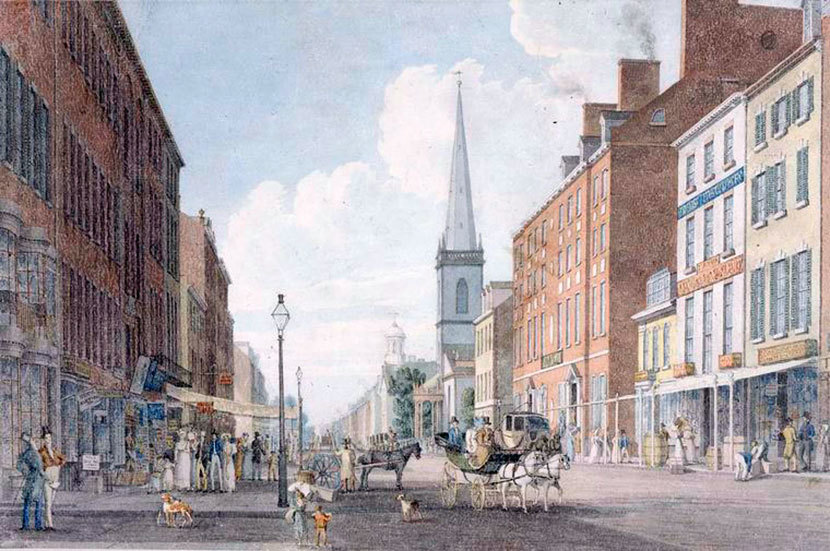Herman Melville (1819–1891)
From Herman Melville: Pierre, Israel Potter, The Piazza Tales, The Confidence-Man, Billy Budd, & Uncollected Prose

Herman Melville was born 203 years ago, on August 1, 1819.
A century ago, Melville was considered a minor American writer and most of his works were out of print. In the 1920s, however, Carl Van Doren, Raymond Weaver, and other critics launched a revival of his literary reputation and highlighted certain works, particularly Moby-Dick, as worthy of reconsideration.
With a few exceptions, Melville’s short stories—there are only fifteen or so—were given short shrift. The sketch “Jimmy Rose” was hardly considered at all. Lewis Mumford, the urban historian who played an outsize role in the Melville Revival, dismissed it as a magazine tale written hastily (and published anonymously) for the money. The story, in Mumford’s summary, is about “a man who has fallen in the world and sinks into a genteel pauperism, wherein all his old graces become pathetic dodges for filling a hungry stomach. Contemplating this character, Melville became for the first time downright sentimental: one feels tears of self-pity welling into his eyes.”
Until a few decades ago, then, most of Melville’s stories for magazines were regarded as hack work—and “Jimmy Rose” in particular was damned by the word “sentimental.” To be sure, the story contains some of the tropes readers had come to expect from the fiction published in Harper’s magazine during the 1850s. (“Ah! poor, poor Jimmy—God guard us all—poor Jimmy Rose!”) During the last half century, however, the story has been reconsidered by many scholars, who contend that Mumford and other early critics had mistakenly assumed that the narrator of the story is Melville—or to be more accurate, that the narrator’s sentimentality is shared by Melville himself. In addition, these new readers point out that “Jimmy Rose” is as much about the narrator, William Ford, as it is about Jimmy. When he recalls the story—while living in his friend’s dilapidated old house—Ford exhibits both a troubled ambivalence toward Jimmy’s nostalgic glory and an anxiety about his own last days on earth. In the words of one scholar, “Melville developed his fallible narrator to the very limits of credibility.”
Read the story, with an introduction explaining how Oliver Wendell Holmes and Melville’s grandfather may have inspired it:



